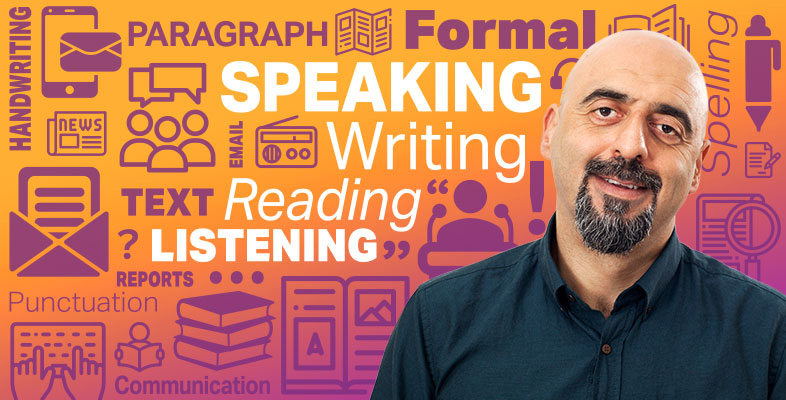7 Summary of Session 3
Well done for completing the third and final session of the course. Here are the key learning points from this session.
- Following the six steps of writing – preparing, planning, drafting, editing, redrafting and proofreading – for longer or more important texts will help you to write more effectively.
- Understanding when your writing needs to be formal and when it can be informal enables you to communicate well.
- Following some basic principles of grammar, punctuation and spelling helps you to express yourself in writing clearly and accurately.
- Emails, letters and reports need different structures and layouts.
- Knowing how to build compound and complex sentences helps you to develop your writing beyond simple sentences.
- Paragraphs are a useful way of organising your ideas and making sure your readers don’t get lost.
- Recognising the syllables in a word and where the word stress falls can help with spelling.
- When you write for different purposes and audiences – such as writing to inform, persuade or advise – you should use different techniques and styles of writing.
- When you write a report, you should use the standard structure and headings, for example Introduction, Methodology, Findings, Conclusions, Recommendations.
